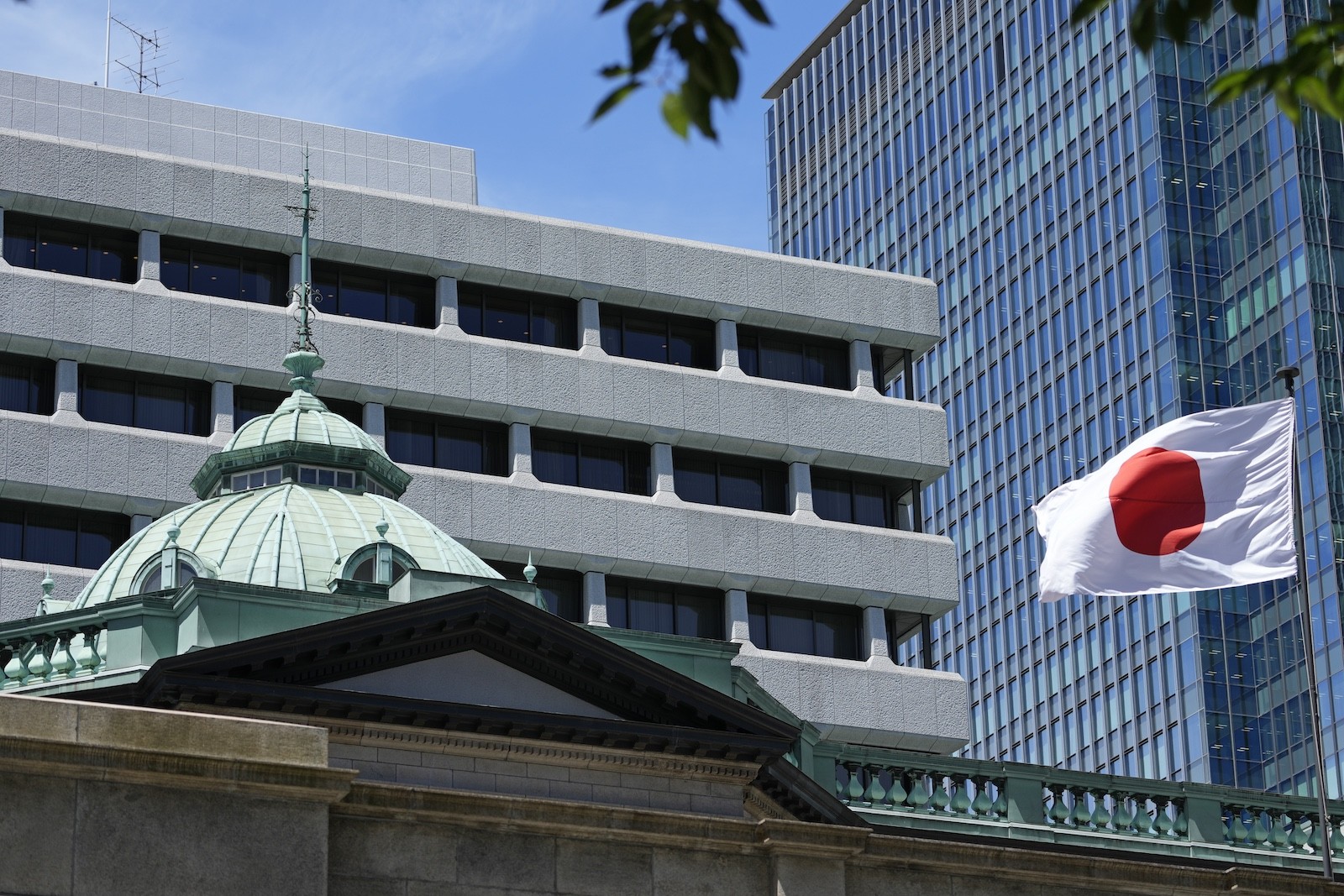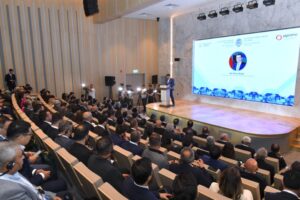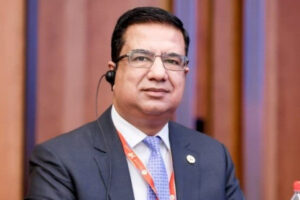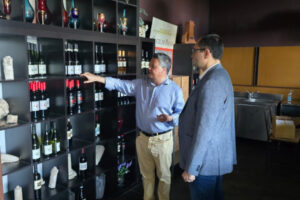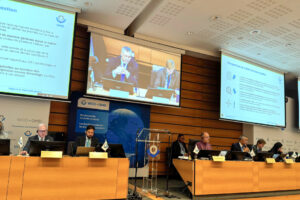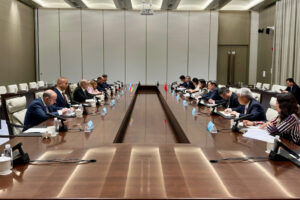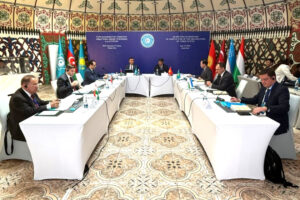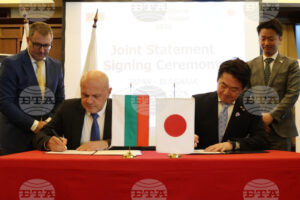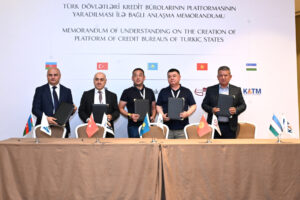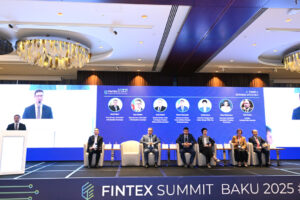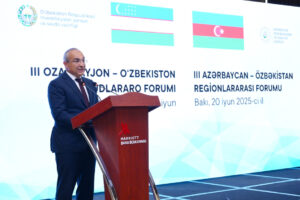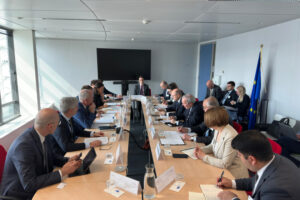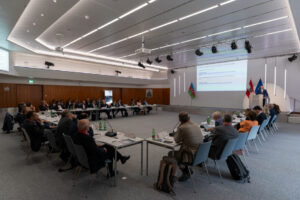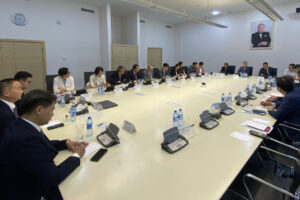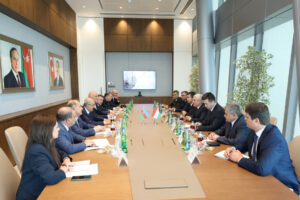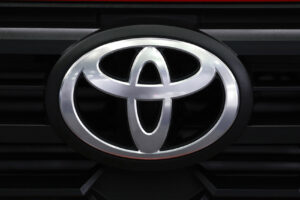Tokyo, 26 January, /AJMEDIA/
Further deliberations are expected to be required for the Bank of Japan to explore future interest rate hikes, with its key policy rate having approached the highest level in three decades, threatening flagging consumption.
The BOJ on Friday raised its key short-term rate from 0.25 percent to a 17-year high of 0.5 percent, as widely expected. The central bank will continue to lift the rate providing the economy and prices move in line with its expectations.
But the uncertain U.S. economic outlook under President Donald Trump, tepid domestic consumer spending amid inflationary pressure and the upper house election in the summer, crucial for Prime Minister Shigeru Ishiba, could all complicate the BOJ’s next move, analysts said.
The central bank is expected to raise the policy rate to 0.75 percent, the highest level since 1995, which could indicate an exit from accommodative monetary policy.
“That is the level right after the burst of the bubble economy. It’s almost like uncharted territory,” said Shinichiro Kobayashi, an economist at Mitsubishi UFJ Research and Consulting, referring to the end of Japan’s asset-inflated economy in the early 1990s.
The BOJ has raised the policy rate three times since March last year, when it conducted its first rate hike in 17 years and ended its unorthodox monetary easing framework of the past decade.
While the central bank pursues policy normalization, it said its policy remains accommodative.
“We can say that 0.75 percent is a step toward a level potentially in monetary tightening territory,” said Saisuke Sakai, chief Japan economist at Mizuho Research & Technologies.
BOJ Governor Kazuo Ueda said at a press conference after the policy meeting that he still sees “some distance” toward the neutral rate.
“I don’t have any particular level in mind as a barrier” to future rate increases, Ueda said.
Tightening could prevent Japan from getting back on a steady growth path, given that private consumption, which accounts for more than half of Japan’s gross domestic product, is reeling from price increases.
The Japanese economy is estimated to have shrunk by 0.3 percent in 2024 with weak consumer spending, its first negative growth since 2020 during the COVID-19 pandemic. It is forecast to expand 1.5 percent in 2025, according to a December projection by the Organization for Economic Cooperation and Development.
The BOJ is closely watching labor-management wage negotiations, which are expected to be concluded at major Japanese companies by the end of March.
The central bank expects higher wages to spur spending. Last year, the average pay increase at Japanese companies was 5.1 percent, the fastest rise in over three decades. But monthly real wages remain volatile, failing to fully keep up with prices.
Whether wage growth will pick up has remained a key factor for the BOJ in deciding on its policy in recent years. The central bank lifted the policy rate Friday after confirming at this month’s branch managers’ meeting that the momentum for pay increases is likely to be sustained at this year’s annual wage talks.
Trump, who took office on Monday, has threatened to raise import tariffs in the world’s largest economy, which could significantly dent profits at Japanese automakers, a growth driver for Japan.
The U.S. president said this week that he could impose 25 percent duties on imports from Canada and Mexico and an additional 10 percent tariff on Chinese imports as early as Feb. 1.
“If automakers’ overseas profits were squeezed by the tariffs, that would affect the outlook for pay hikes and bonuses” at Japanese manufacturers, Sakai of Mizuho Research & Technologies said.
Analysts say Trump’s tariff plan could worsen inflation in the United States and he may seek a weaker dollar to boost U.S. exports, leaving uncertain the outlook for the United States’ monetary policy and currency, which both significantly affect BOJ policy decisions.
The BOJ could also take the political impact of its policy into account, after Ishiba’s Liberal Democratic Pary and its coalition partner, the Komeito party, were forced to form a minority government following last year’s lower house election, analysts said.
The political situation could work against future rate hikes by the BOJ. The central bank may not gain support from the ruling coalition, fearful of a voter backlash if the economy is hurt, they said.
“The BOJ will need convincing reasons to persuade politicians if it plans to implement a rate hike,” Sakai said.

